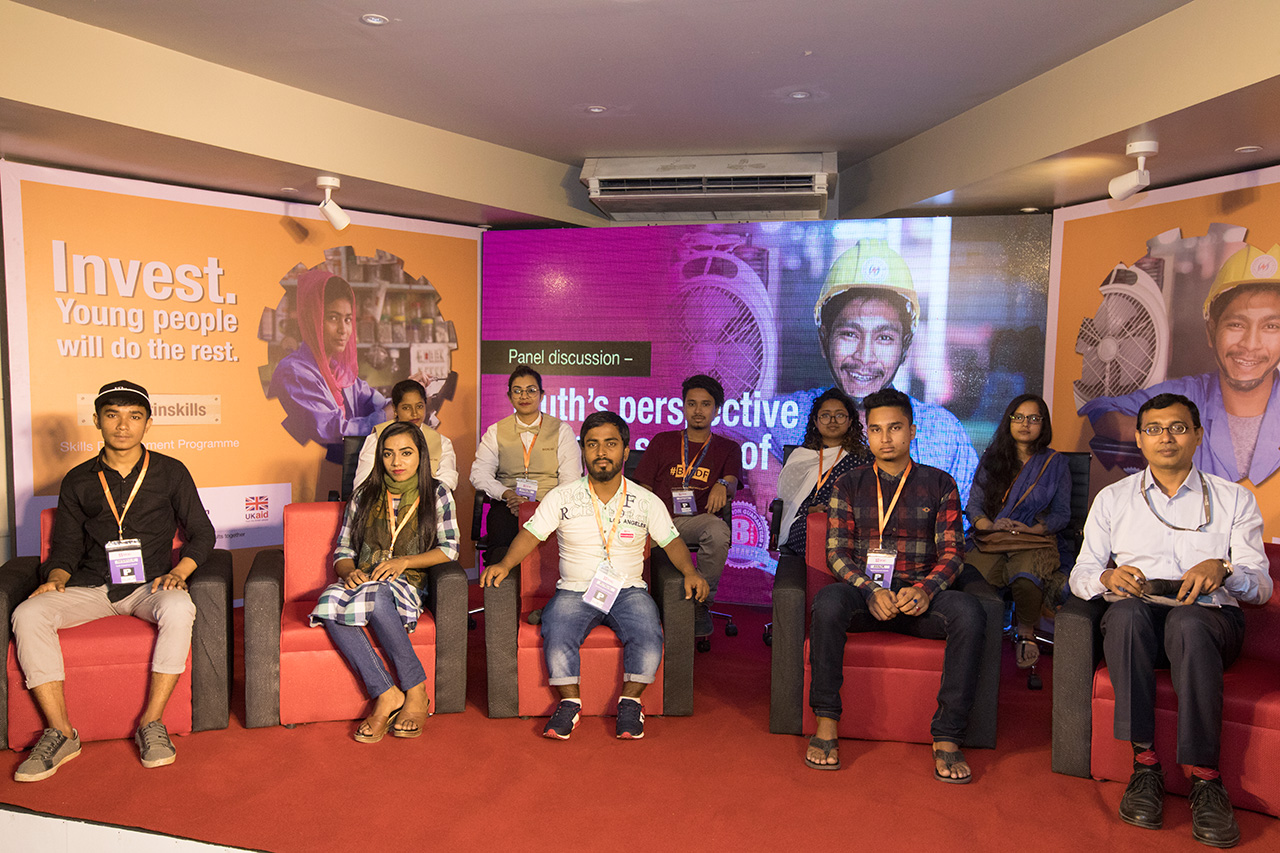bracbank has a special division for women entrepreneurs TARA
example training program
BRAC Bank TARA in partnership with American Babson College and Dutch FMO has successfully completed the first-of-its-kind entrepreneurial skill development training for women business owners.
BRAC Bank TARA organized a gala celebration ceremony to honour the women entrepreneurs as they completed the country's first ever international entrepreneurial development training programme by Babson College, an entrepreneurial powerhouse often ranked as the most prestigious entrepreneurship college in the US, and FMO, a Dutch financial investment firm specializing in financing businesses and projects.
The training is aimed at facilitating women entrepreneurs in developing and enriching entrepreneurial and managerial skills in order to help them expand and sustain their businesses in the long run.


Professor Vincent Chang, Vice Chancellor of BRAC University; attended the gala ceremony as the Chief Guest at LakeShore Hotel on July 9. Ms. Lila Rashid, General Manager, SME & Special Programmes Department, Bangladesh Bank; Professor Patricia G. Greene from Babson College; Mr. Evangelos Alamaniotis, Investment Officer; and Mr. David Hernandez Velazquez, Investment Officer, FMO; Selim R. F. Hussain, Managing Director & CEO; Chowdhury Akhtar Asif, Deputy Managing Director & CRO; and Syed Abdul Momen, Head of SME Banking, and Nazmur Rahim, Head of Retail Banking; BRAC Bank, our valued customers and stakeholders attended the ceremony.
A total of 35 women businesswomen participated in the extensive training during July 3-4 and July 8-9, 2019. Mr. Richard T. Bliss, PhD, Babson College, Professor of Finance and National Academic Director - 10,000 Small Businesses and Professor Patricia G. Greene, Academic Director, Babson College, conducted the training. They also conducted two-day Train The Trainer session to groom in-house trainers during June 30-July 1, 2019.
The exclusive training was a signature initiative of TARA that will help enhance loyalty and establish TARA as the industry's best women's banking proposition. We will continue such local and international partnerships to organize more capacity building programs for our customers.
With its innovation and engagement, TARA will continue to create new economic opportunities for women in Bangladesh.





